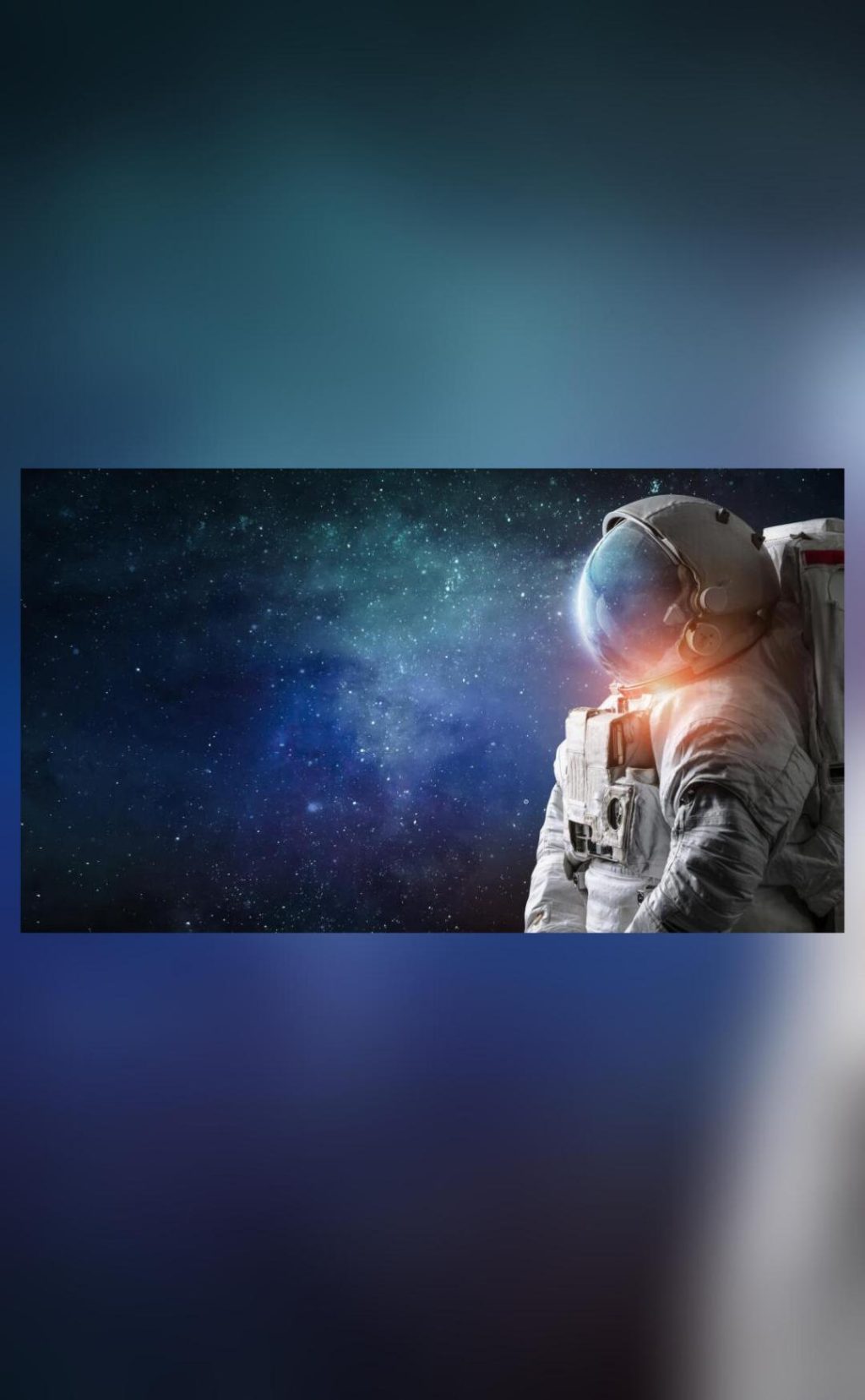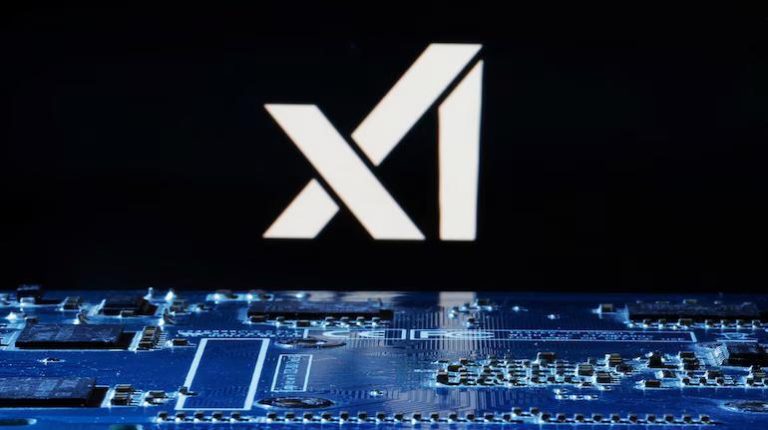
Google & NASA Create AI Medical Assistant for Mars Missions
As humans continue to push the boundaries of space exploration, ensuring the health and well-being of astronauts on long-duration missions becomes increasingly crucial. NASA and Google have taken a significant step towards achieving this goal by developing an AI-powered medical assistant, designed specifically for astronauts on Mars and other space missions. The innovative technology, known as the Crew Medical Officer Digital Assistant (CMO-DA), is a multimodal system that leverages Google Cloud’s Vertex AI platform to process speech, text, and images. This groundbreaking AI assistant has shown remarkable diagnostic accuracy rates of 88% for ankle injuries and 80% for ear pain, paving the way for enhanced medical care in space.
The Need for AI-Powered Medical Assistants in Space Exploration
Space missions are inherently challenging, and the risks of injury or illness are ever-present. Astronauts on long-duration missions face unique medical challenges, including limited access to medical professionals, cramped living quarters, and the psychological strain of being away from Earth for extended periods. Traditional medical practices, reliant on human judgment and expertise, can be affected by these factors, leading to potential misdiagnoses or delays in treatment.
AI-powered medical assistants like CMO-DA offer a solution to these challenges. By leveraging machine learning algorithms and vast amounts of data, AI assistants can analyze medical conditions, provide accurate diagnoses, and offer personalized treatment plans. This not only improves the quality of care but also reduces the risk of human error and enhances the overall well-being of astronauts.
The Technology Behind CMO-DA
CMO-DA is a cutting-edge AI medical assistant designed to assist astronauts in diagnosing and treating common medical conditions. The system is built on Google Cloud’s Vertex AI platform, a highly scalable and secure infrastructure that enables seamless integration with a wide range of data sources. CMO-DA’s multimodal architecture allows it to process speech, text, and images, making it an exceptionally effective tool for medical diagnosis.
The AI assistant is trained on a vast dataset of medical records, images, and other relevant information. This training enables CMO-DA to recognize patterns and correlations between symptoms, medical conditions, and treatment outcomes. When an astronaut presents with a medical condition, CMO-DA analyzes the data and provides a diagnosis, along with a personalized treatment plan.
Initial Testing and Results
CMO-DA has undergone rigorous testing, and the results are impressive. In initial trials, the AI assistant achieved diagnostic accuracy rates of:
- 88% for ankle injuries
- 80% for ear pain
These results are remarkable, considering the complexity of medical diagnosis and the limited data available to CMO-DA. The AI assistant’s performance is a testament to the power of machine learning and the potential for AI-powered medical assistants to revolutionize healthcare in space.
Future Applications and Implications
The development of CMO-DA has far-reaching implications for space exploration and beyond. As AI-powered medical assistants like this one continue to evolve, they will play a crucial role in ensuring the health and well-being of astronauts on future Mars missions and other long-duration spaceflight endeavors.
The technology’s applications extend beyond space exploration, however. AI-powered medical assistants like CMO-DA will likely have a significant impact on healthcare on Earth, particularly in underserved areas where medical professionals are scarce. The potential for AI assistants to provide timely and accurate diagnoses, even in remote or resource-constrained environments, is immense.
Conclusion
The collaboration between NASA and Google has resulted in a groundbreaking AI medical assistant, CMO-DA. This innovative technology has the potential to transform medical care in space, ensuring that astronauts receive the best possible treatment and care during long-duration missions. As AI-powered medical assistants continue to evolve, they will play a vital role in improving healthcare outcomes on Earth and beyond.
Sources






